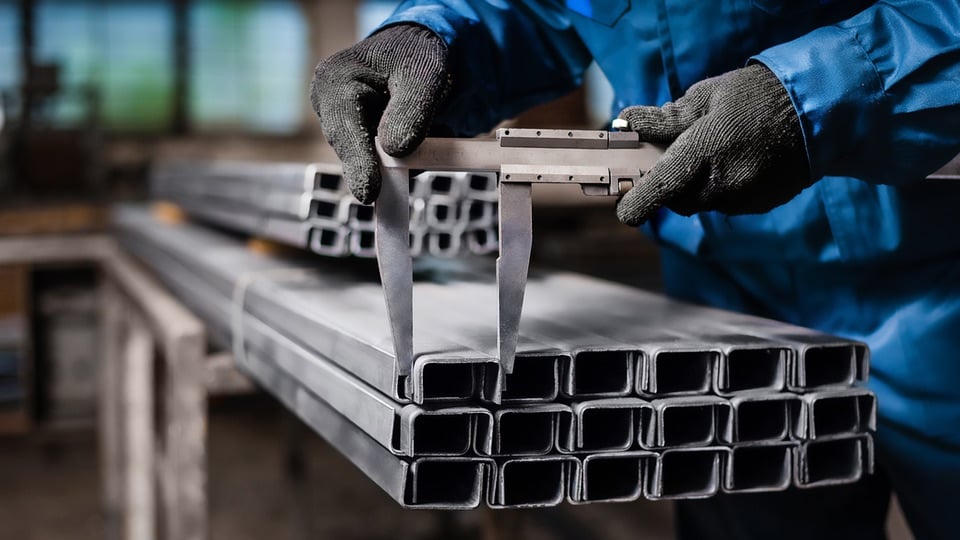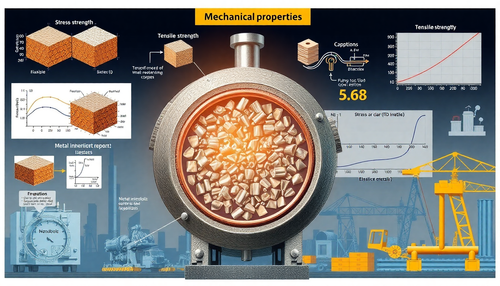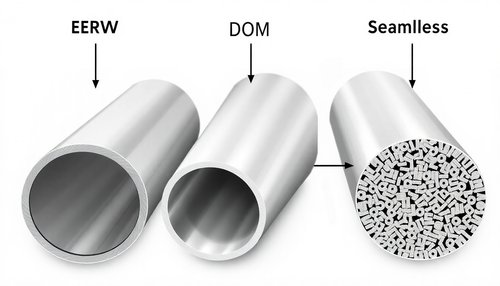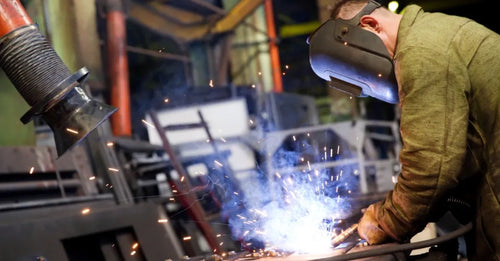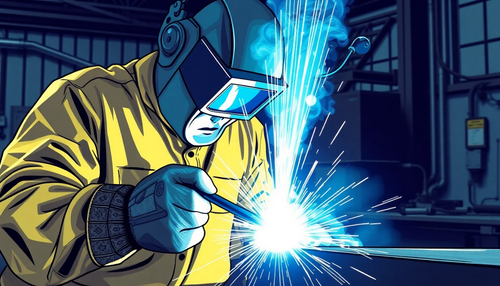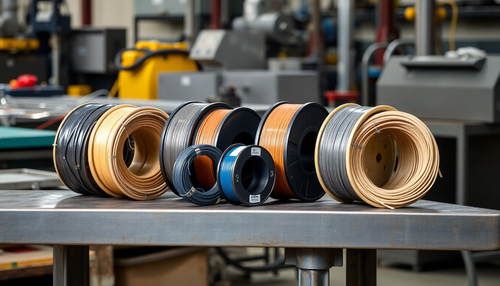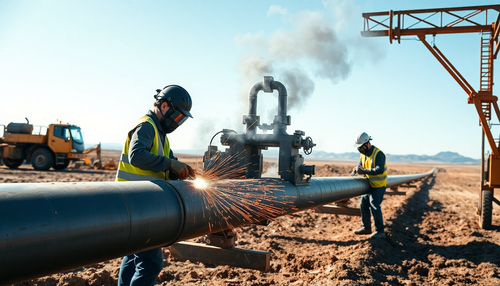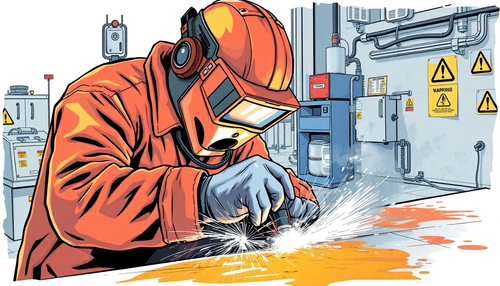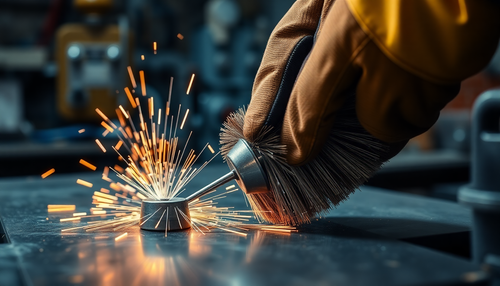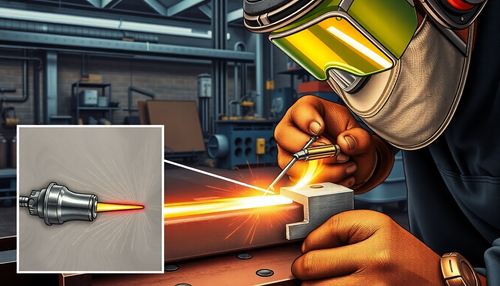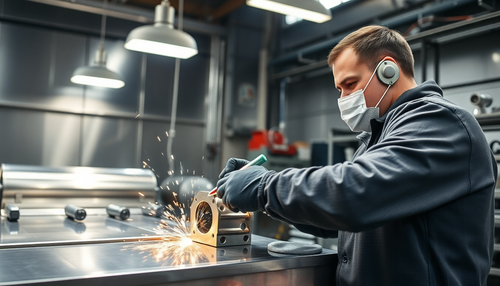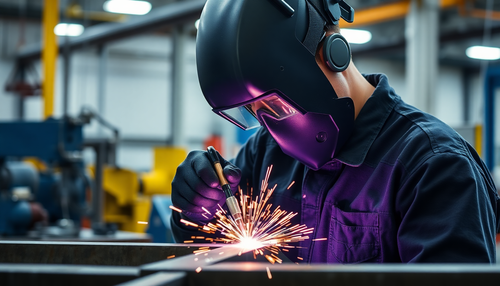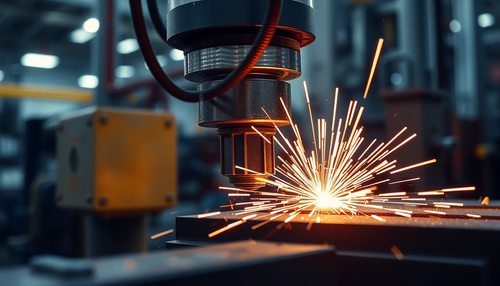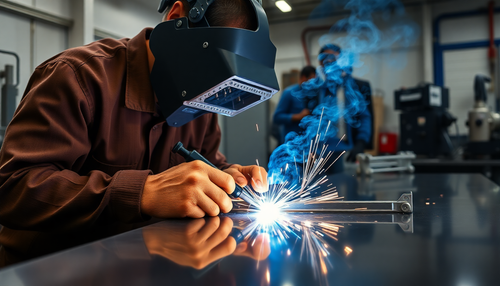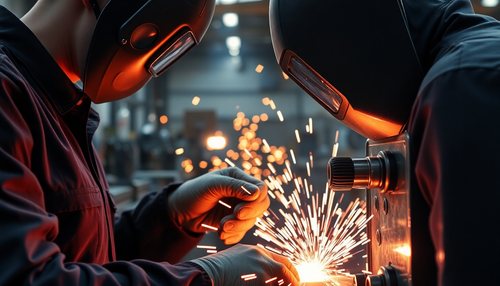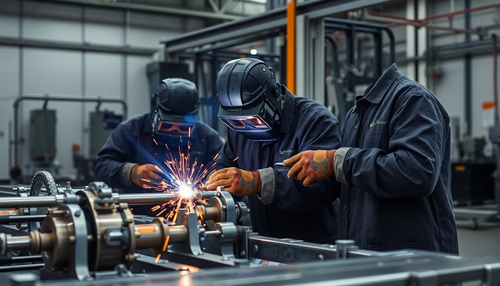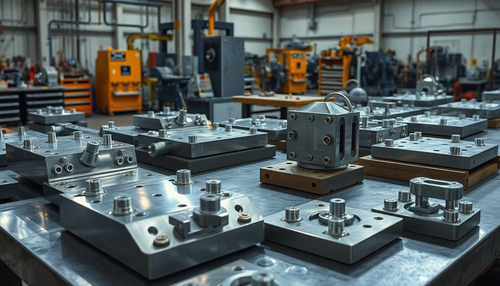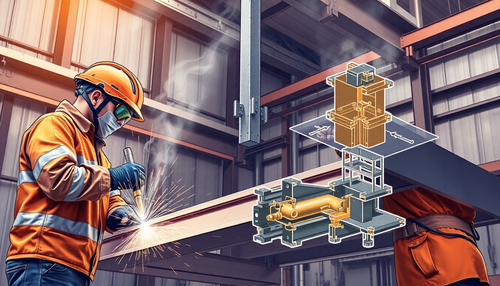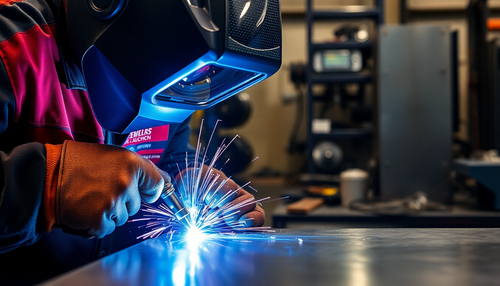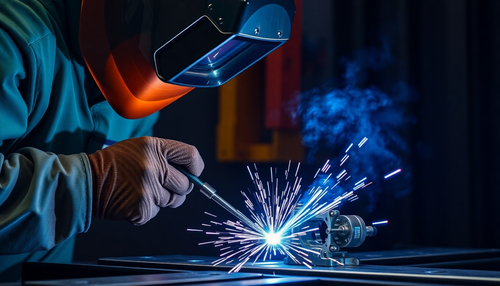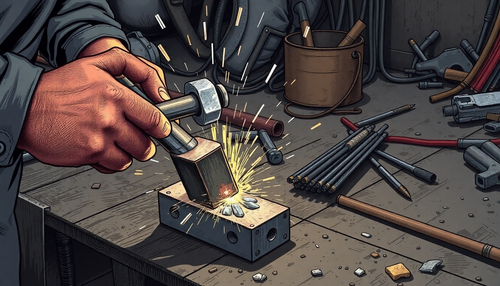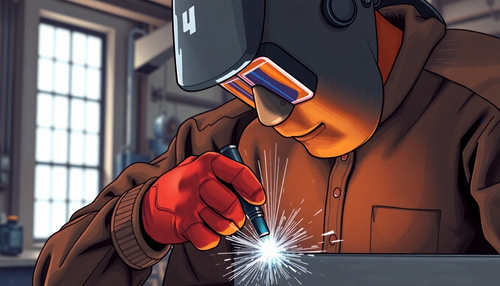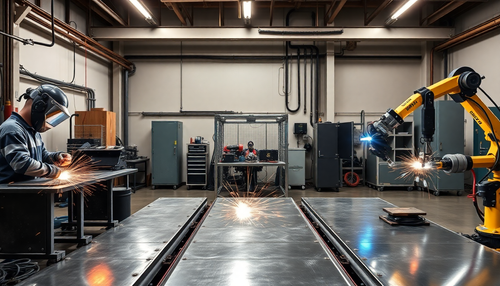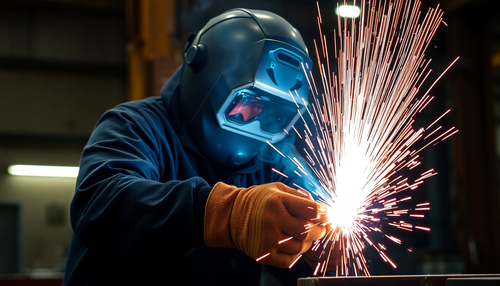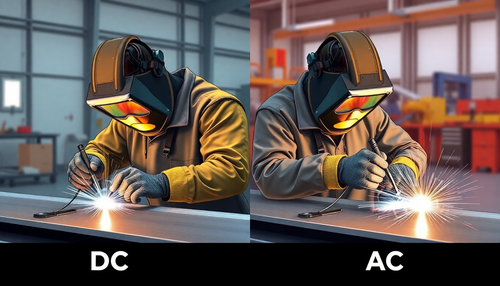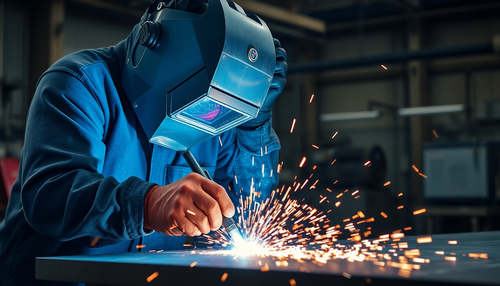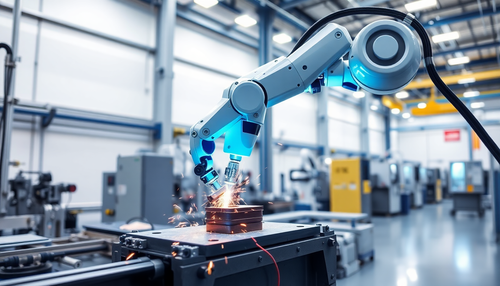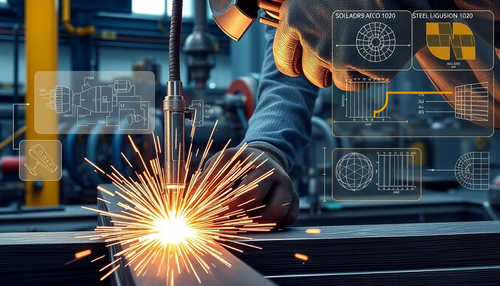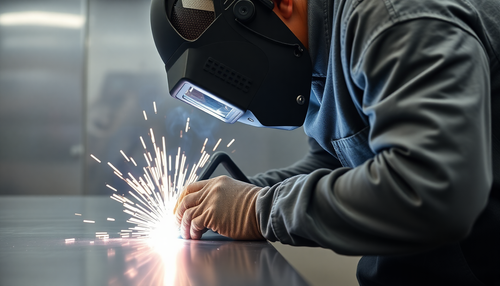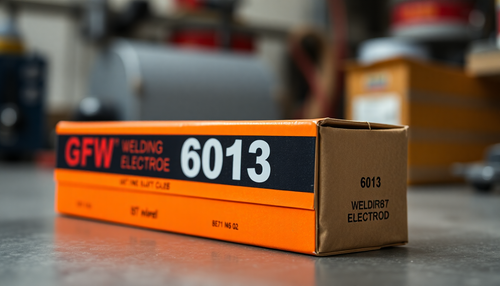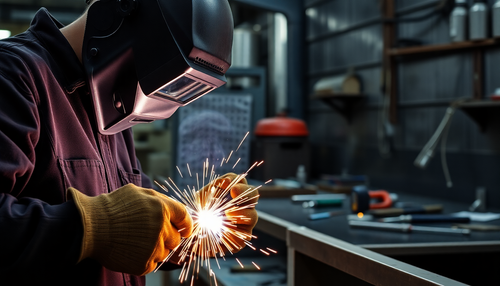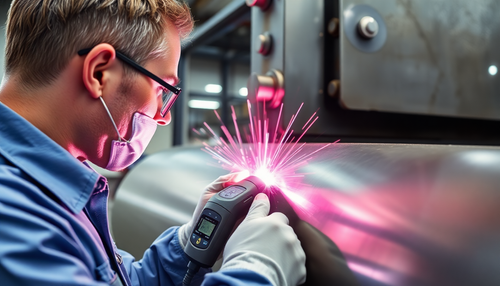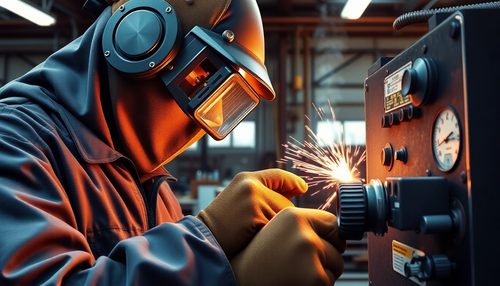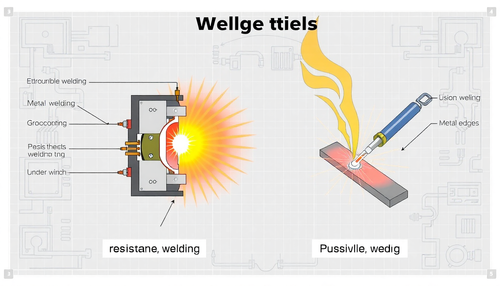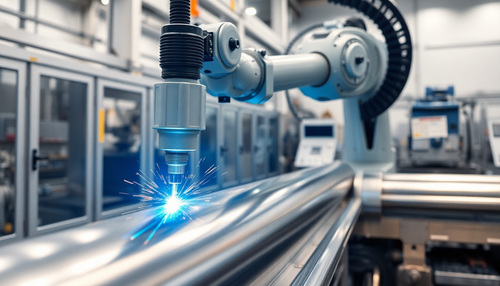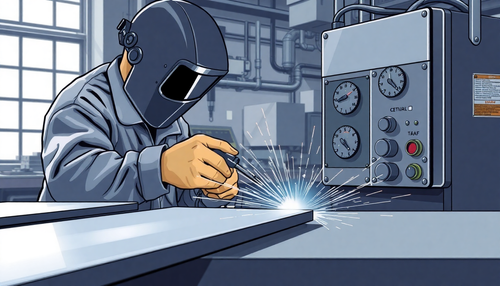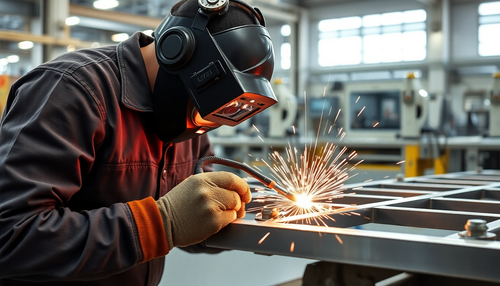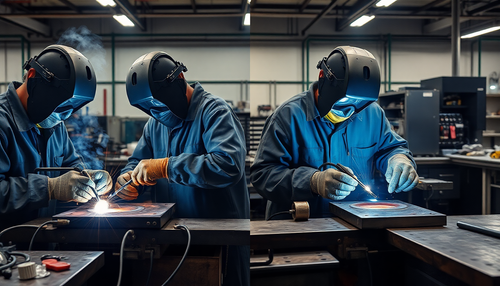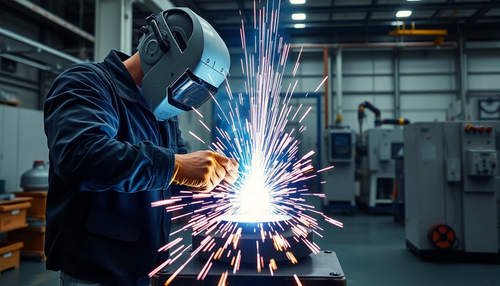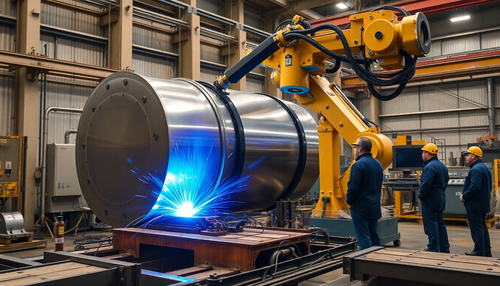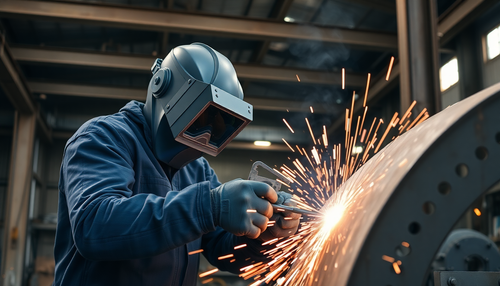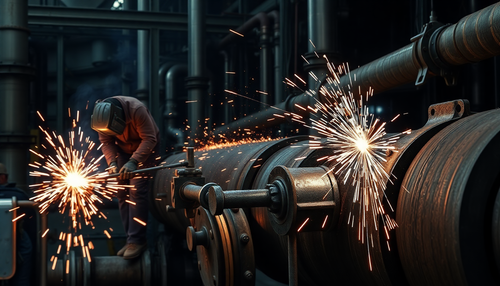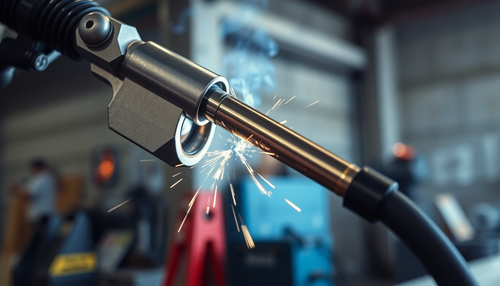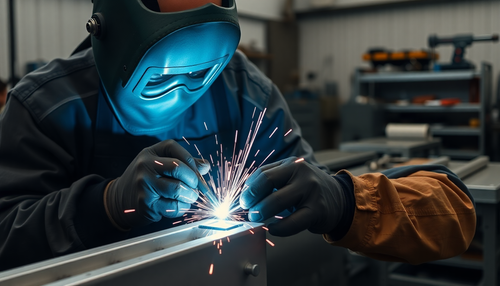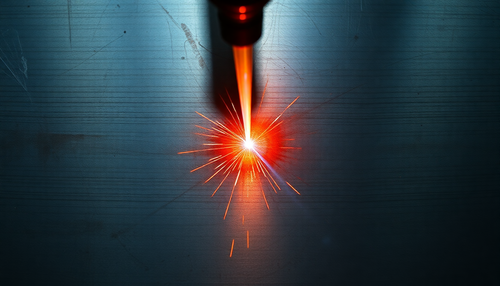
Precision manufacturing typically involves using high-tech machines and techniques to create parts and products to exact specifications. To maintain consistent quality, there are often strict regulations within each industry that must be followed.
In many cases, an ISO-certified fabrication shop may be the best option for metal fabrication projects. ISO certification indicates that the manufacturing shop has met certain quality management standards and that its products and services are reliable. This is especially important in essential supply chains, where consistency and reliability are crucial.
What does it mean to be ISO 9001:2015 certified?
An ISO certification means that a metal fabrication facility has demonstrated a legitimate ability to meet and maintain specific industry requirements. Because many US companies enjoy international trade agreements, it is important that their quality standards remain the same across borders. In fact, ISO stands for “International Organization for Standardization”.
Measurement systems vary around the world, but ISO helps translate various protocols to create accurate parts and components despite this. As an international standard preferred and used by millions of manufacturers, it is often the anchor of a facility's quality management system (QMS).
ISO 9001:2015 can provide a wealth of information for any manufacturing shop. But it's not easy for a metal fabricator to obtain this coveted certification. Certified facilities must meet and maintain specific requirements, including these four:
#1. Follows the ISO 9001 standard
The rigorous manufacturing standards set forth in ISO are put there for a reason. Therefore, a fabrication shop must have the tools, talent, and machinery to meet or exceed these standards on a regular basis.
#two. Meets customer requirements
Certification involves more than just following the rules. A metal fabrication facility must figure out how to match standards with customer requests to develop functionally acceptable parts.
#3. Meets store objectives
Each metal fabrication facility has a unique set of goals for the industries it serves. Too few orders make them inexperienced and too many leaves them overwhelmed, although this may not apply to all metal fabrication facilities, as some facilities may be able to handle smaller or larger orders without compromising their experience or quality of work. Shop goals help keep the floor running efficiently.
#4. Maintains updated documentation
The ISO regulatory process requires frequent and regular audits of certified manufacturing companies. Therefore, facilities must develop an accurate records system to prove their consistent adherence to regulations.
The fact that it is difficult to obtain an ISO 9001:2015 certification can help customers determine their best metal fabrication partner. Its existence differentiates a store from the competition. The certificate also suggests tighter tolerances on a wide range of materials and precision components with measurable repeatability across multiple industries.
Which industries require ISO 9001:2015 certification?
ISO 9001 is used by numerous industries to develop and manufacture metal parts that can be shipped worldwide. Certification can be beneficial to any industry that relies on metal fabrication or production.
Additionally, while ISO certification can increase confidence in a metal fabrication shop, it is not a guarantee of quality and customers must still do due diligence when choosing a partner.
The following sectors are typically those that depend most on this:
- Construction
- Manufacturing
- Technology
- Community Services
- Health/Medical
- Engineering
- Electric
- HVAC
- Automotive
- Aerospace
- Agricultural
- Food and drinks
- Furniture manufacturing
- Oil, Gas and Petrol
- Hospitality
Because ISO makes a metal fabrication shop more reliable, customers often proceed with more confidence. Consumers, investors and suppliers also benefit from this. Meanwhile, there is a significant difference between an ISO-certified facility and one that operates without the same credentials.
What is the difference between an ISO 9001:2015 manufacturer and a non-certified manufacturer?
A manufacturing company that does not have an ISO 9001:2015 certificate cannot always keep up with the industry it serves. These facilities are also generally smaller. They are also not that technologically advanced. And they are less able to meet tight deadlines or maintain consistently tight tolerances because of it.
Most project managers understand how crucial these elements are. Being competitive in a thriving industry is the lifeblood of our economy. And since everyone is looking for high-quality results at the lowest possible price, this certification could be the biggest key.
It is important to note that not all successful manufacturing companies have this certification. It is possible for a smaller or less technologically advanced facility to still produce high-quality parts and meet tight tolerances without being ISO certified, but for companies that rely heavily on international trade and need to demonstrate consistent quality standards, an ISO certification can be a important step. important factor in securing contracts and building customer trust. Ultimately, the decision to obtain ISO certification should be based on the specific needs and objectives of the manufacturing company.
Why Manufacturers Should Care About International Standardization for Metal Fabrication
The overall objective of the ISO 9001:2015 certificate is to reduce manufacturing risks and improve manufacturing quality. It is not designed to guarantee a store's capacity or reputation. Still, it is an indication that the safest and most efficient processes are used on the floor.
This certification also helps stores fulfill large-scale manufacturing orders as well as small-batch projects. Furthermore, it allows companies and customers to prove their legitimacy in strictly regulated sectors. In fact, a lack of documentation demonstrating a store's standard operating procedure can affect an industry's reputation in the long run.
As a competitive manufacturer, it's your job to develop and create safe, functional components for your products. It is also important to establish and maintain your credibility with suppliers, partners and customers around the world. With an ISO 9001:2015 certification this is possible. Without him, probably not.

